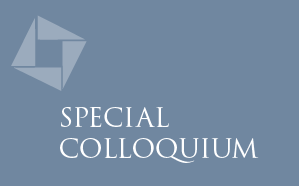Aadhaar, India’s unique identity system, was introduced in 2009 with the stated purpose of creating a more inclusive and efficient welfare system. Hundreds of millions of Indians were enrolled into the biometric database, with successive governments creating pressure by making it compulsory for social benefits. Even after the Supreme Court verdict in 2018, it remains a must-have for welfare. I argue that Aadhaar was never really about welfare and explain how the project opens the doors to immense opportunities for government surveillance and commercial data-mining. The talk is based in my edited book "Dissent on Aadhaar: Big data meets big brother" which alerts readers to the dangers lurking in such expansive digital ID projects. For example, how profiling, made possible by Aadhaar, impinges on the fundamental Right to Privacy; or how surveillance leads to self-censorship and can choke free thought and expression; or how Aadhaar, contrary to government claims, excludes people entitled by right from welfare when made compulsory. On the technology, what are the perils of using biometrics and the dangers arising from centralised databases? Who has access to all our data, and how can it be used against us?
Colloquium
Speaker
Reetika Khera (Indian Institute of Management, Ahmedabad)
Date & Time
Wed, 28 August 2019, 15:30 to 16:30
Venue
Emmy Noether Seminar Room, ICTS Campus, Bangalore
Resources
Abstract


